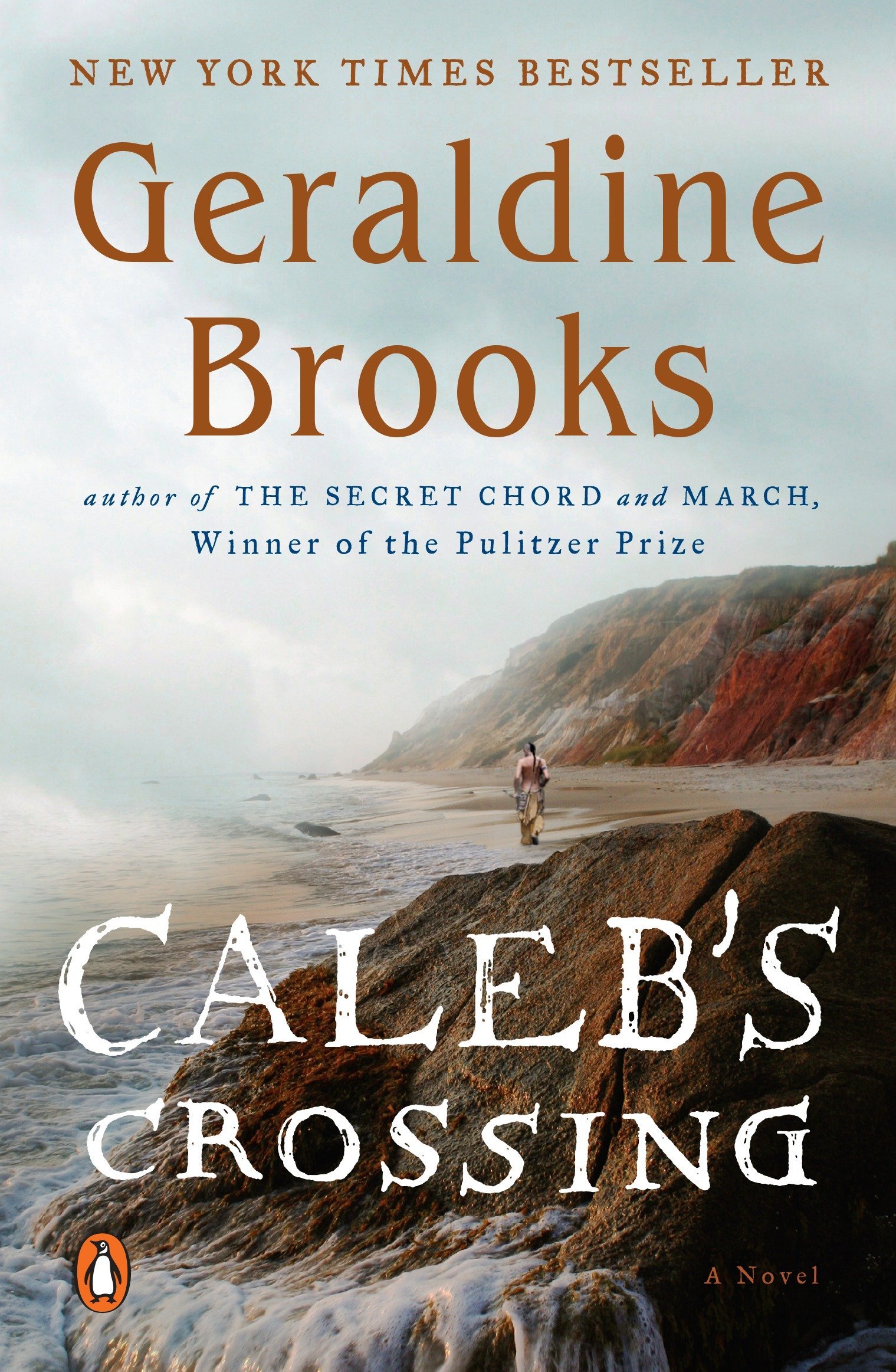At first, I followed this wild boy hungering after his knowledge of the island--his deep understanding of everything that bloomed or swam or flew. Soon enough, a curiosity about an untamed soul had kindled, and this, too, caused me to seek him out. But it was his light temper and his easy laugh that drew me close to him, over time, until I forgot he was a half-naked, sassafras-scented heathen anointed with raccoon grease.
Martha's Vineyard, in the late 17th century, is a backwater outpost of a backwater outpost: Bethia Mayfield lives with her father, the Reverend Mayfield, and her brother Makepeace, live on the edge of a wilderness, having retreated from the strict Puritanism of the Massachusetts Bay Colony. But there are others, of course, for whom the island--as Bethia calls it--is no wilderness at all, but their home for millennia: the Wampanoag, with who the white Islanders have a tense and tenuous peace. Bethia's father sees himself as a missionary to the Wampanoag, and although he is respected by them, his mission is made difficult by the "wizard" Tequamuck, a powerful healer who agitates against the Christian religion among the Wampanoag.
Bethia's life is a proscribed one: she will grow up and marry, probably a local farmer. Yet she has a sharp mind and a gift for languages: while her lazy brother Makepeace struggles with his Latin and Greek, she listens on, learning twice as fast as he. From her father's dealings she even learns to speak the language of the Wampanoag, a feat that enables her to make secret friends with a Wampanoag boy she names Caleb. Caleb, the son of the sonquem, or chief, and nephew to the wizard Tequamuck, and Bethia are drawn to each other, despite their differences; though Bethia learns from her father to be suspicious of the Wampanoag religion--which they consider Satanic--she finds there is much to admire in it, like the way that Caleb awakes before the dawn to greet the personified sun. In their secret meetings, they spar curiously over these different ways of seeing the world. Bethia begins to fear for her own soul, but it's Caleb that should be worried: a plague of smallpox ravages the Wampanoag, and on his death bed the sonquem concedes to the Christianization of his people and asks Reverend Mayfield to take Caleb into his home.
Caleb is an interesting character, based on a real person, the first Native American to graduate from Harvard. His father's death and his adoption by the Reverend places him in an uneasy place, caught between two worlds. He learns quickly that he can never be Christian enough for the Puritans of Harvard, where is constantly suspected and belittled. He acquits himself with talent and integrity, but are his talent and integrity being used to raise himself up, or destroy his people? These are interesting and powerful questions.
And yet the major flaw of Caleb's Crossing is that Caleb grapples with these things "off screen." Once Caleb joins Bethia's household, and then later at Harvard, their lives are too proscribed for them to continue their meetings, and somehow Caleb vanishes from the narrative right under our noses. Caleb never leaves Bethia's orbit, but as the viewpoint character she becomes focused on other things, like a pair of competing marriage proposals from a local farmer and the son of a Harvard master, and the mistreatment of a young Nimpuc woman who comes to stay with them at Cambridge. The interests of the book turn from the alienation of the indigenous to the contradictions of life as a woman, and while it does these themes justice, they seem to me much more familiar, perhaps too familiar.
At the novel's climax, Bethia must travel back to the island to consult with the dreaded Tequamuck to find a cure for a disease that has struck Caleb--a disease we suspect may be more of the spirit than the body--and yet this moment, which should bring resolution to the schisms of Caleb's psyche, seem to be the ending to a book we didn't actually get. You know, a while back I told myself I should try harder to review the book as it is, rather than imagining a book that doesn't exist that I might have liked better. That's something I do a lot. But the book is called Caleb's Crossing, and I think the way the novel holds Caleb at arm's length is ultimately unsatisfying.


No comments:
Post a Comment